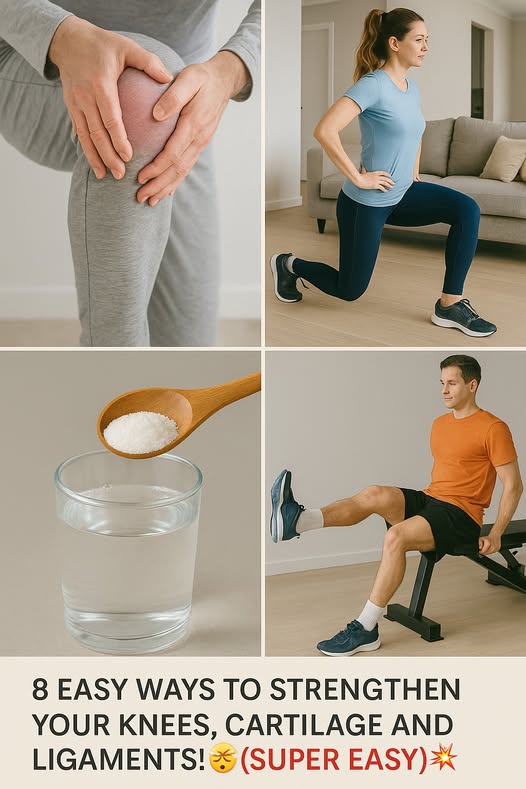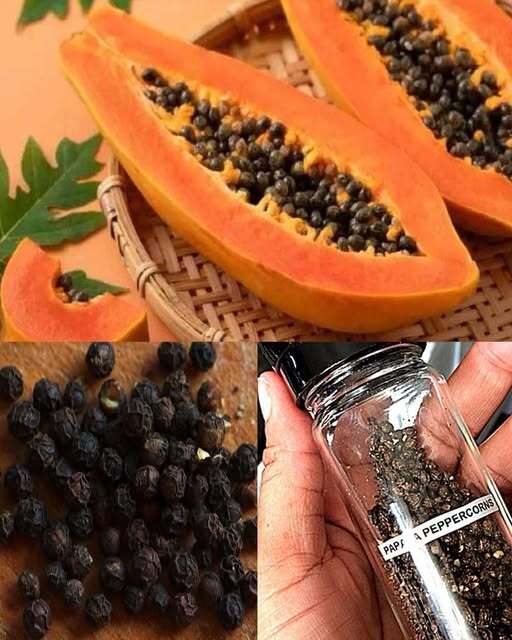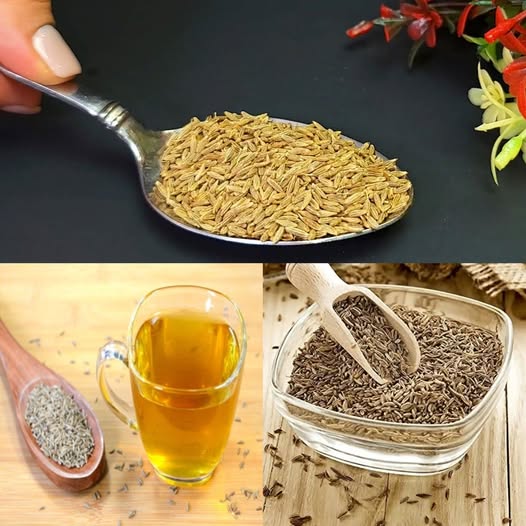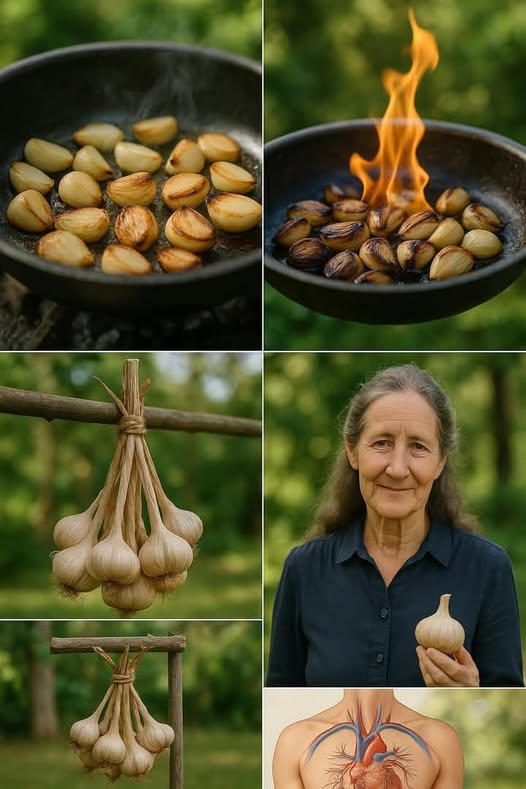Introduction:

Do your knees crack, ache, or feel weak—even during everyday activities? You’re not alone. Millions of people struggle with knee pain and deteriorating joint health, often due to age, injury, or lifestyle. But what if we told you there are 8 incredibly simple, science-backed ways to strengthen your knees, cartilage, and ligaments without fancy equipment or expensive treatments?
This isn’t another “just stretch more” article. We’re diving into real, actionable strategies that you can start today—no matter your age or fitness level. From specific nutrients to overlooked exercises and daily habits, these tips can help you regain strength, mobility, and confidence in your knees.
Let’s break it down—because strong knees are key to staying active, independent, and pain-free.
Why Knee Health Matters
Your knees are among the most complex and heavily used joints in your body. Every step, squat, and stair climb puts pressure on them. Over time, that strain—combined with aging, poor nutrition, or inactivity—can wear down cartilage and weaken supporting ligaments.
Did you know?
- Knee pain affects 1 in 4 adults in the U.S.
- Cartilage damage is irreversible—but it can be slowed or supported through diet and movement.
- Knee injuries account for 50% of sports-related injuries globally.
Your knees deserve attention before pain becomes chronic. Here’s how to future-proof your joints—starting today.
1. Incorporate Collagen-Boosting Foods Daily
Collagen is the glue that holds your joints together. As you age, collagen production naturally decreases—leading to cartilage breakdown and weaker ligaments.
Easy Fix:
Consume collagen-rich foods or supplements:
- Bone broth (homemade or store-bought)
- Gelatin-based snacks
- Chicken skin
- Collagen peptides (powdered supplements)
Also include vitamin C-rich foods (like oranges, bell peppers, and kiwi), which help synthesize collagen naturally.
Pro Tip: Studies show that collagen supplements, combined with exercise, can reduce joint pain by 43% in active adults.
2. Add Anti-Inflammatory Omega-3s
Inflammation is the enemy of joint health. Chronic inflammation accelerates cartilage breakdown and causes pain.
Easy Fix:
Eat fatty fish like salmon, mackerel, or sardines 2–3 times per week, or take a high-quality omega-3 supplement.
Plant-based alternatives:
- Chia seeds
- Flaxseed oil
- Walnuts
Bonus: Omega-3s can reduce stiffness and improve joint mobility—especially in people with osteoarthritis.
3. Do Low-Impact Strengthening Exercises
While rest might seem like the solution to knee pain, movement is medicine. Strengthening the muscles around your knees reduces strain and increases joint stability.
Super Easy Knee-Strengthening Exercises:
- Wall sits: Strengthen quads without pressure on joints.
- Straight leg raises: Engage core and thigh muscles.
- Step-ups: Mimic daily motion with control.
- Resistance band leg presses: Low-impact, high-return.
Do 10–15 minutes, 3 times a week to start seeing results.
Statistic: A 12-week knee exercise program reduced knee pain by 56% in patients with moderate arthritis.
4. Stay Hydrated to Protect Joint Lubrication
Cartilage is 70–80% water. Dehydration leads to stiffness and decreased shock absorption in your joints.
Easy Fix:
Drink 8–10 glasses of water daily, more if you’re active or live in a hot climate. Add electrolytes if needed to maintain fluid balance.
Insider Tip: Warm lemon water in the morning helps flush toxins that contribute to joint inflammation.
5. Embrace Turmeric for Joint Resilience
Turmeric contains curcumin, a powerful anti-inflammatory compound that has been shown to rival some pain medications—without side effects.
How to Use It:
- Add turmeric powder to soups, smoothies, or golden milk.
- Take a curcumin supplement (look for one with black pepper extract for better absorption).
Study Insight: A clinical trial found that 500mg of curcumin twice daily reduced knee pain as effectively as ibuprofen.
6. Prioritize Vitamin D and Calcium
Your bones and cartilage rely on calcium for density and vitamin D for absorption. Deficiency can lead to soft bones, poor knee alignment, and ligament stress.
Easy Sources:
- Sunlight (15–20 mins/day)
- Fortified dairy or plant milks
- Leafy greens
- Vitamin D3 + K2 supplements
Fact: Nearly 42% of U.S. adults are vitamin D deficient, often without knowing it.
7. Maintain a Healthy Weight
Every pound of excess weight adds about 4 pounds of pressure on your knees. Over time, that can crush cartilage and damage ligaments.
Simple Fix:
- Start with a calorie-tracked Mediterranean-style diet.
- Add daily walks, even just 20 minutes.
- Cut processed sugars and refined carbs.
Real Result: Losing just 10 pounds can relieve up to 40 pounds of pressure off your knees!
8. Use Natural Topicals for Support
While not a replacement for internal care, natural creams and oils can provide fast-acting relief and aid in healing.
Try:
- Arnica gel: Anti-inflammatory and soothing.
- Capsaicin cream: Numbs joint pain naturally.
- Essential oils (like eucalyptus or peppermint): Help stimulate blood flow and reduce swelling.
Massage into the knees gently after a warm shower for best results.
Frequently Asked Questions (FAQs)
Q: Can cartilage actually regrow?
A: Unfortunately, cartilage has limited regenerative ability, but you can slow its breakdown and protect what remains with proper nutrition, exercise, and supplementation.
Q: How long does it take to strengthen knees naturally?
A: With consistent effort, many people notice improvements in as little as 4–6 weeks, especially when combining strength training, anti-inflammatory foods, and hydration.
Q: What supplements are best for joint health?
A: Top supplements include:
- Collagen peptides
- Glucosamine + Chondroitin
- Omega-3 fish oil
- Turmeric (Curcumin)
- Vitamin D3 + K2
Q: Is walking good or bad for knee pain?
A: Walking is excellent—when done mindfully. It boosts circulation and lubricates joints. Just avoid high-impact surfaces and wear supportive shoes.
Conclusion: Future-Proof Your Knees With Small Daily Actions
Strong knees aren’t just for athletes. They’re your foundation for mobility, independence, and quality of life.
By incorporating these 8 shockingly easy tips, you can start to:
- Reduce pain and stiffness
- Strengthen cartilage and ligaments
- Support long-term joint health—without costly therapies
Don’t wait until pain becomes chronic. Start with just one or two of these strategies today—whether it’s drinking more water, walking 20 minutes, or adding turmeric to your meals. Your knees will thank you.


